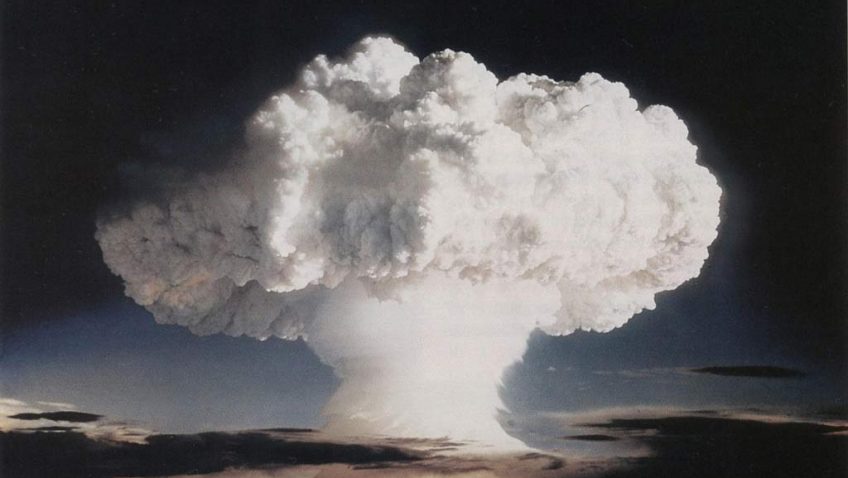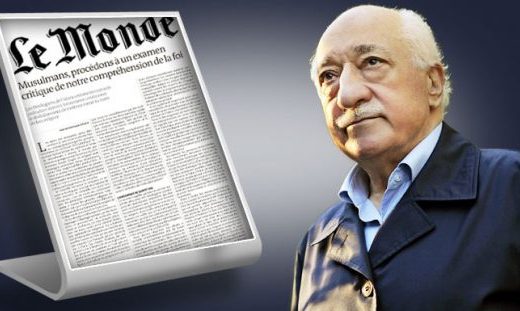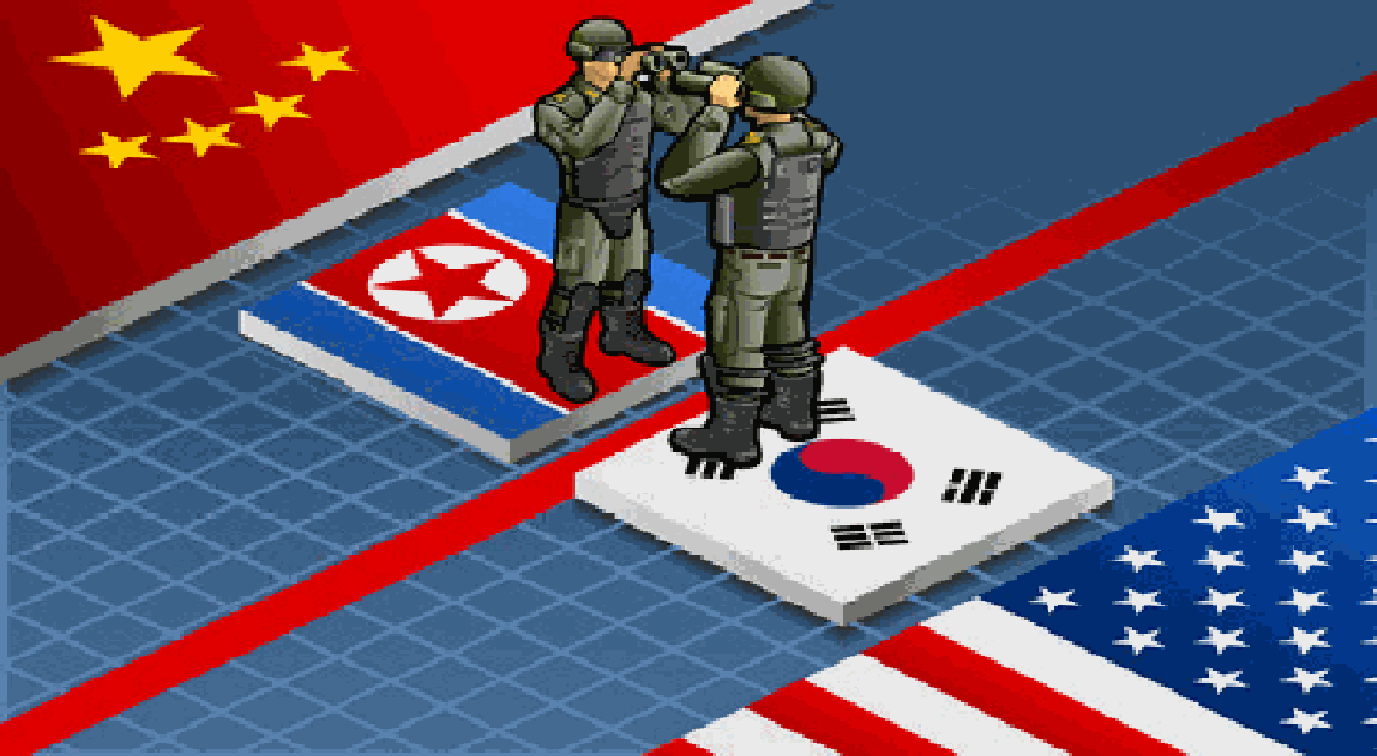India’s nuclear test of 1974 code-named Smiling Buddha was the wakeup call for the international community. Nuclear Proliferation Treaty, which was opened for signature in 1968 and came into effect in 1970, recognized only five states as nuclear states and India, was not its signatory. Thus India called it a peaceful nuclear test. India’s nuclear test was considered a diversion from its peaceful nuclear program for the civilian purposes to a nuclear weapons program for military purposes. India was supplied with the reactor to produce plutonium by the USA and Canada with the assumption that it would be used for the peaceful civilian purpose. However, the test proved that India deviated from its initial peaceful nuclear program. The nuclear test prompted seven countries i.e. the UK, the USA, the Federal Republic of Germany, France, the USSR, Japan and Canada to coordinate the control of their nuclear exports. Therefore, the Nuclear Suppliers Group (NSG), erstwhile known as London Group, came into being as a direct response to India’s nuclear test in 1974.
A state’s bid for membership into NSG depends on the criteria. Among other criteria, a state has to be a signatory of nuclear proliferation treaty (NPT). A state has to be a signatory along with the complete enforcement of rules of NPT. Being an NPT signatory is an important criterion to meet in order to become part of Nuclear Suppliers Group. India and Pakistan are non-NPT signatories. This insinuates towards the fact that both should not be given entry into NSG based on the criteria. However, some member states, mainly the US, within NSG are willing to let go this criteria to extend membership to India. The US is playing an important role in favour of India because it wants India to counter-weight China in the region.
In 2016, India and Pakistan applied for NSG membership. The entry bid was vetoed by China along with eleven other NSG member states. India’s bid was supported by the US and owing to the US influence within the group; India was currying favours with different members of the NSG. China, however, maintained the stance that the NSG membership should only be extended to NPT signatories.
Pakistan’s application for entry into NSG was surprising for both India and the US. Pakistan moved its membership bid presumably because China wanted Pakistan to apply. Pakistan was, nevertheless, planning to apply because India’s entry into NSG before Pakistan would have blocked Pakistan’s entry into the group as the NSG membership to a state is based on unanimous consensus. This implies that Pakistan would not be able to be part of NSG if India becomes part of it before Pakistan. Pakistan tries to gain entry into NSG if not before India then at least simultaneously with India because the chances for membership of Pakistan after India’s entry would be bleak. Thus Pakistan adopted a strong stance and urged the NSG to extend membership either to all or to none. Pakistan’s stance echoes with China’s criteria-based membership to non-NPT signatories.
Both India and Pakistan possess nuclear weapons and are non-NPT signatories. India maintains no-first-use nuclear doctrine while Pakistan maintains that it would not shy away from using nuclear weapons first in case of an attack against it. Pakistan, however, maintains that it would not use them against a non-nuclear state. Both states maintained the doctrine of Credible Minimum Deterrence (CMD). However, India in, “The Joint Doctrine of the Indian Armed Forces 2017” shifted its doctrine from Credible Minimum Deterrence (CMD) to Credible Deterrence (CD). With this shift, India has given China another reason to block its entry into the NSG.
To sum up, it is pertinent to note that India and Pakistan both, based on NPT signatory criteria, do not meet the entry requirement of NSG membership. However, India, because of gaining the NSG waiver during the nuclear deal with the US in 2008, is currying favours within the group because of the pressure from the US. NSG’s treatment should be equal for all the membership aspirant states. The membership should be criteria-based as the stance of “either for all or for none” maintained by Pakistan. Moreover, if NSG considers extending membership to India then it must also extend it to Pakistan because with India and Pakistan in it, it will be more proficient. However, the question arises here that, is the US ready to accept Pakistan’s bid along with India’s and same goes for China, would it be ready for India’s bid along with Pakistan’s? The major powers need to play a role to bring stability in the region, not to escalate the tensions between India and Pakistan. Therefore, for stability in the region, membership should be extended to both South Asian nuclear states. In case of extending it to one without the other would lead to regional instability and the regional peace would be a distant dream.








